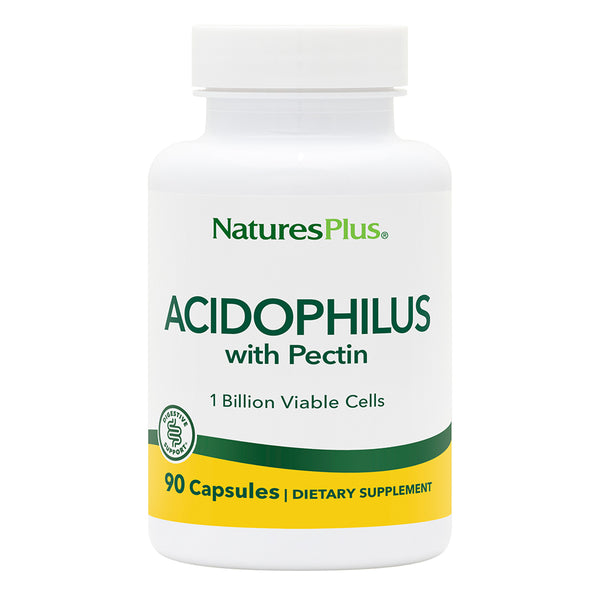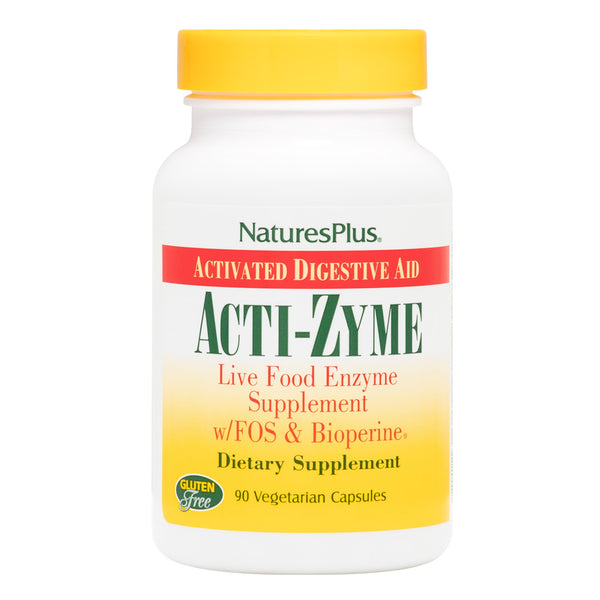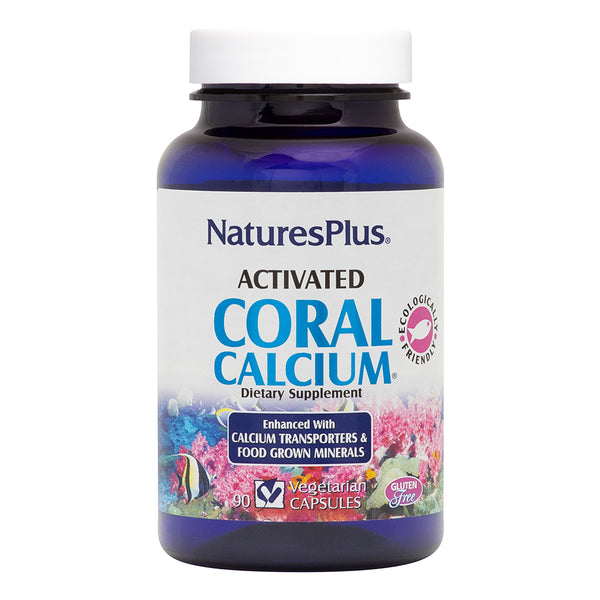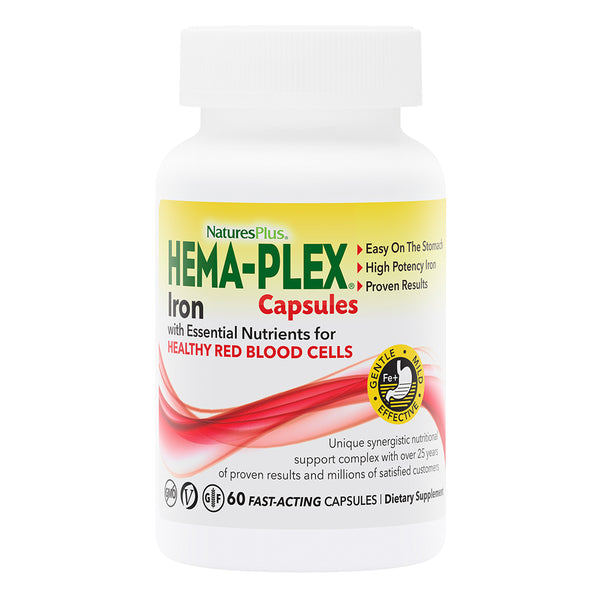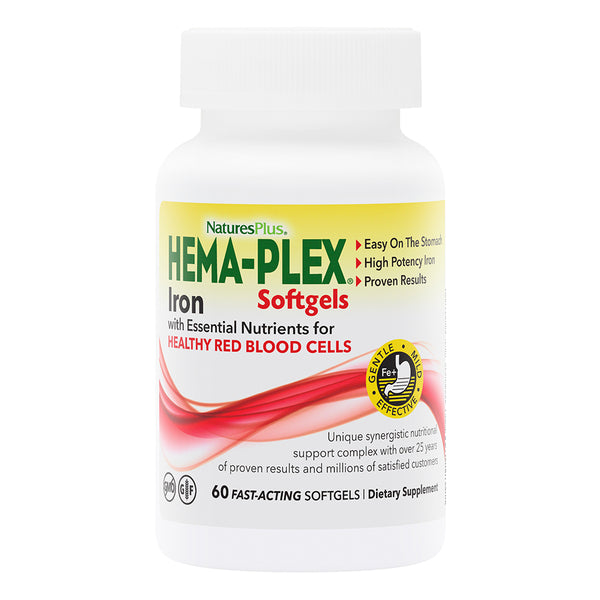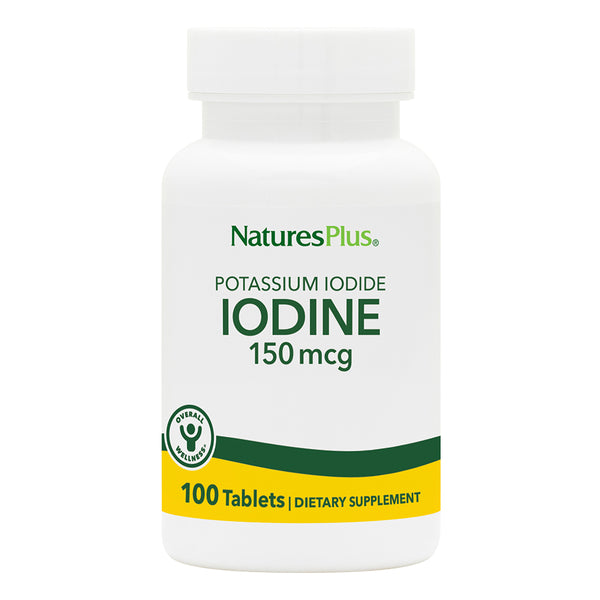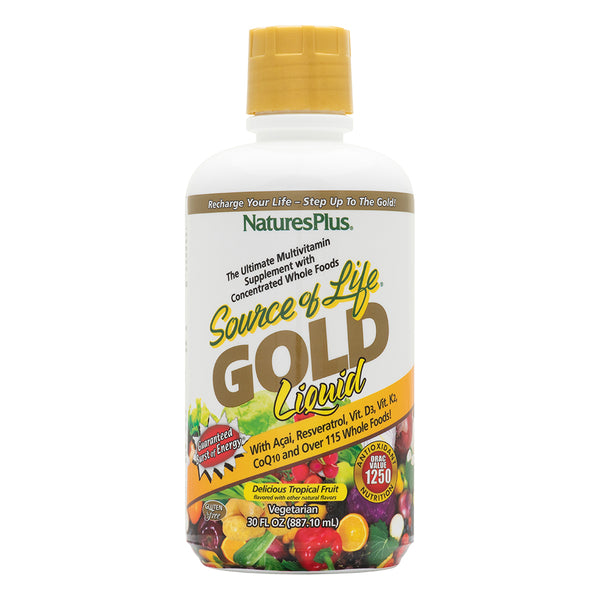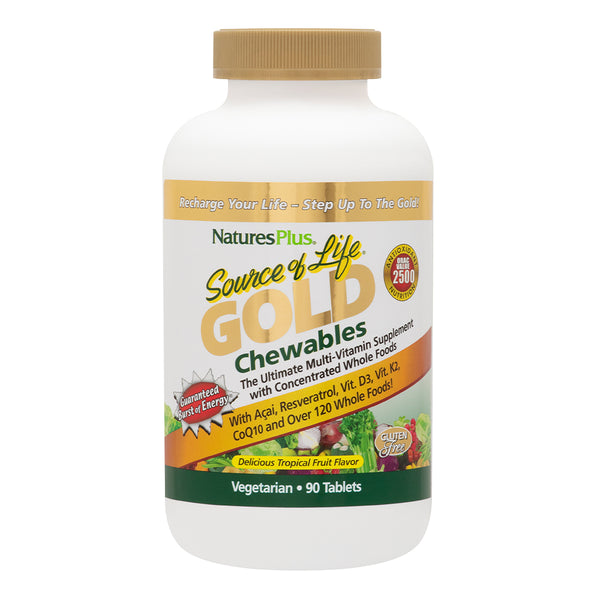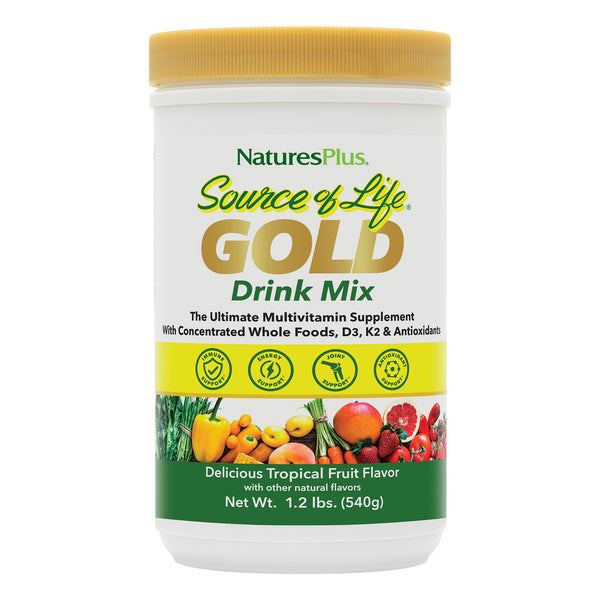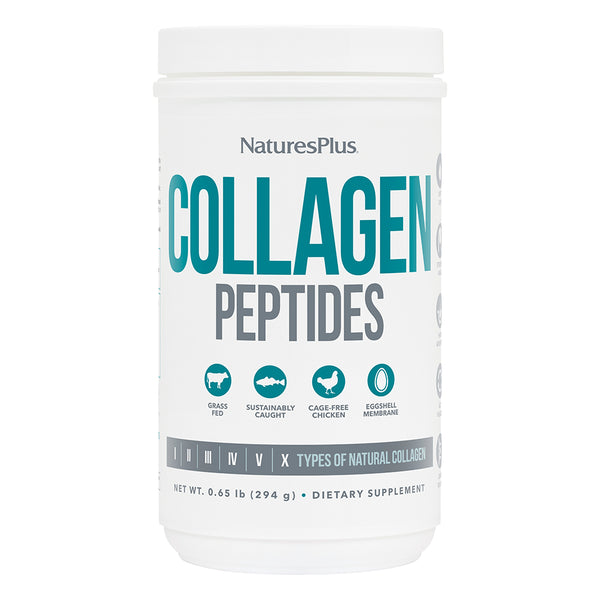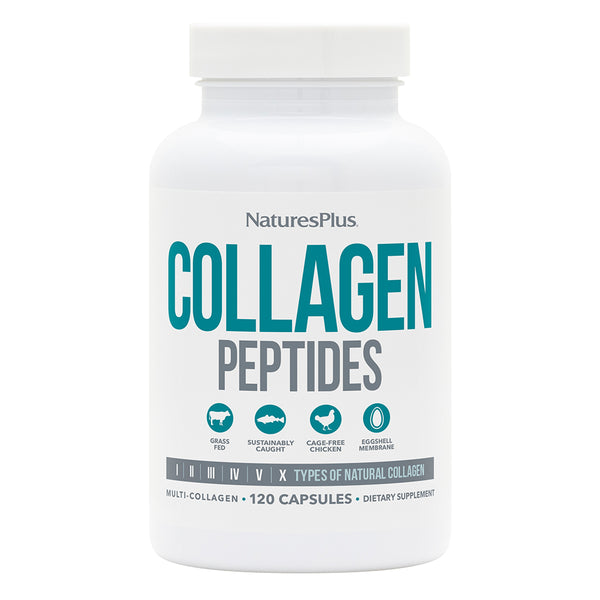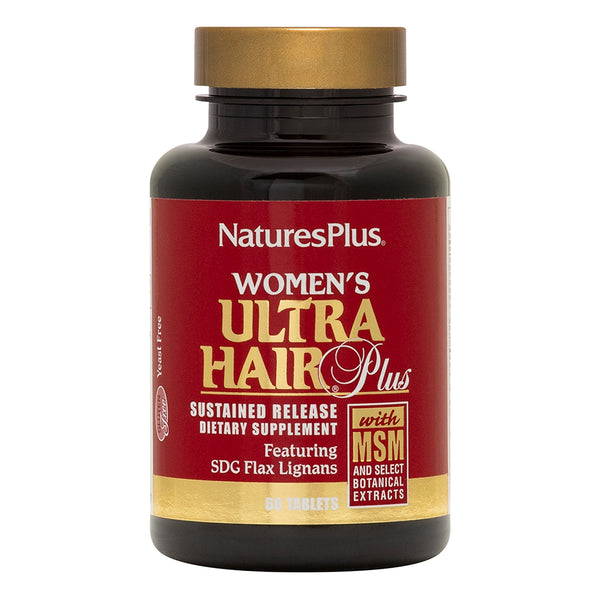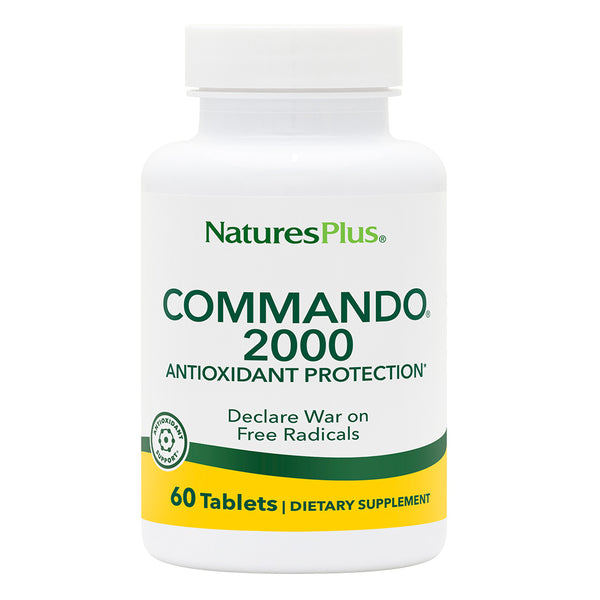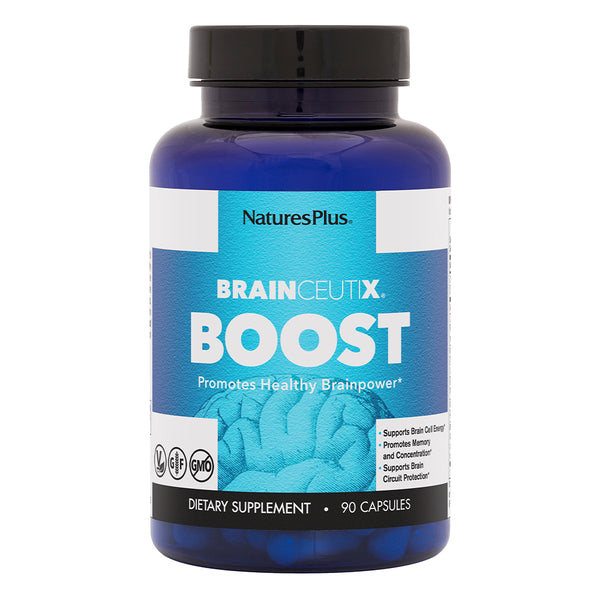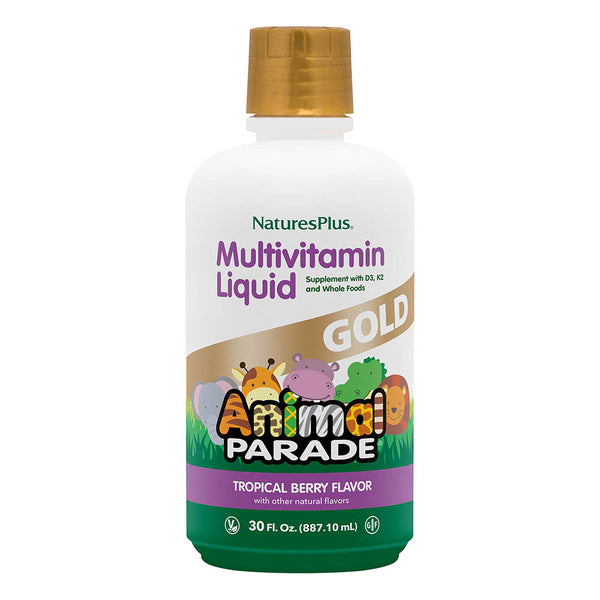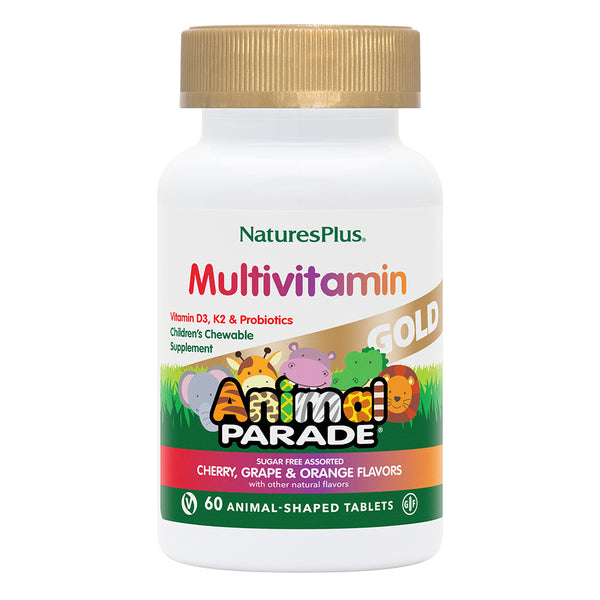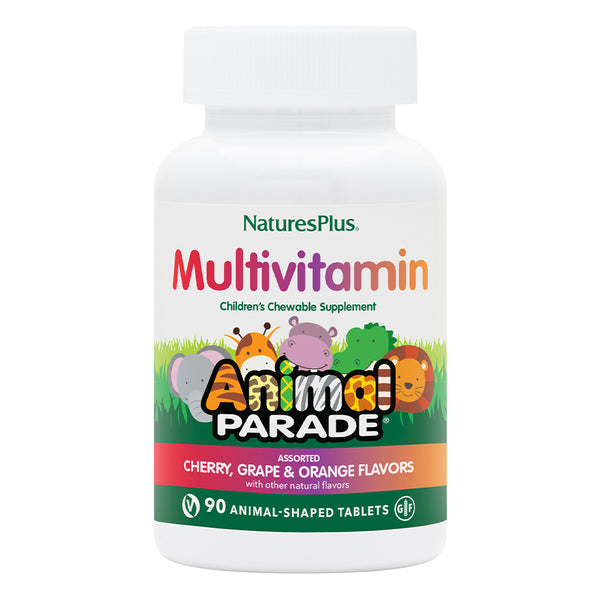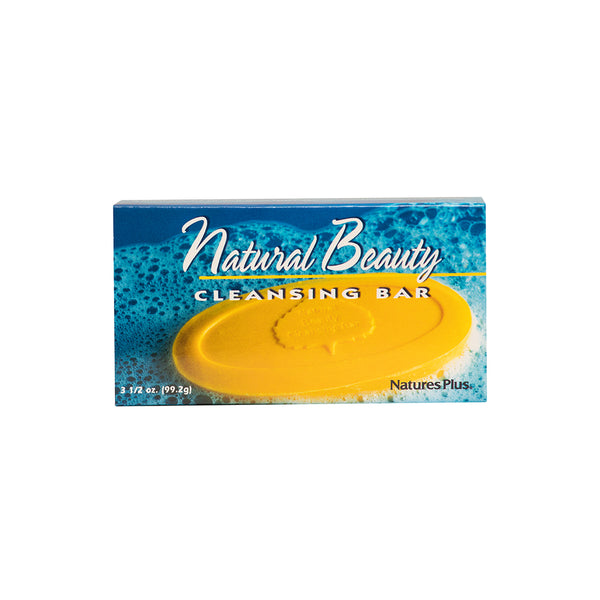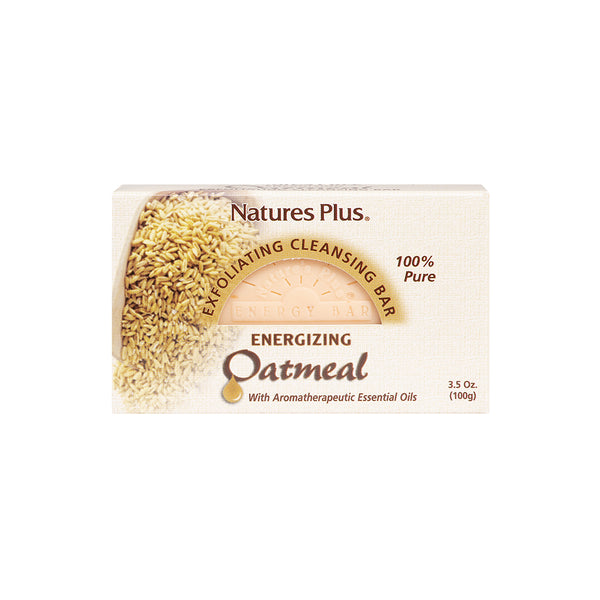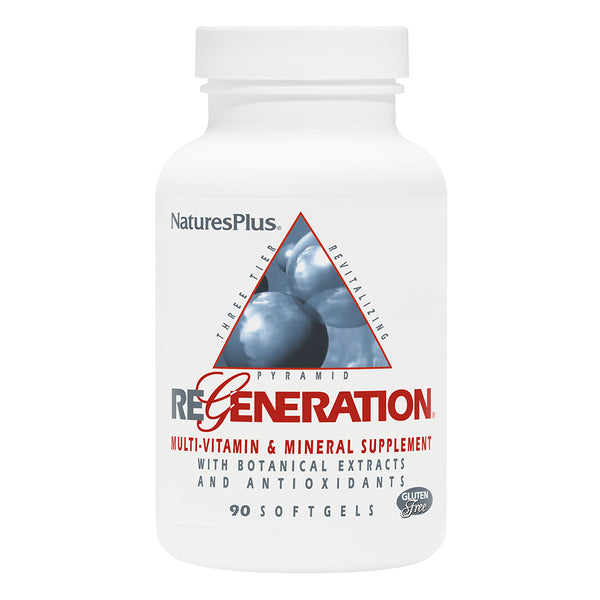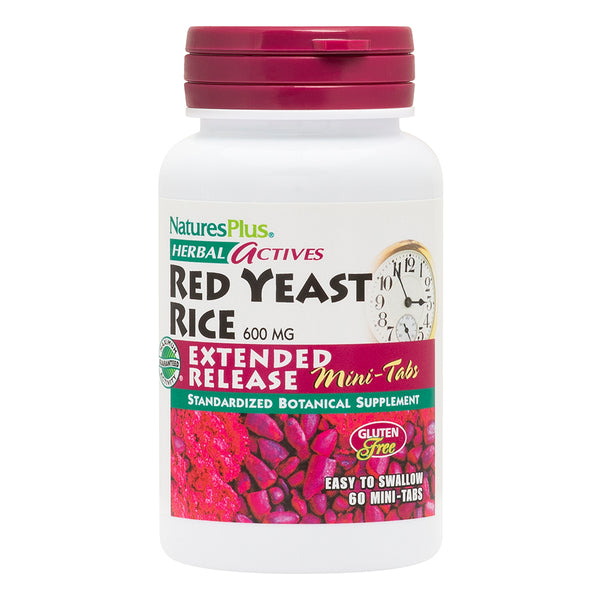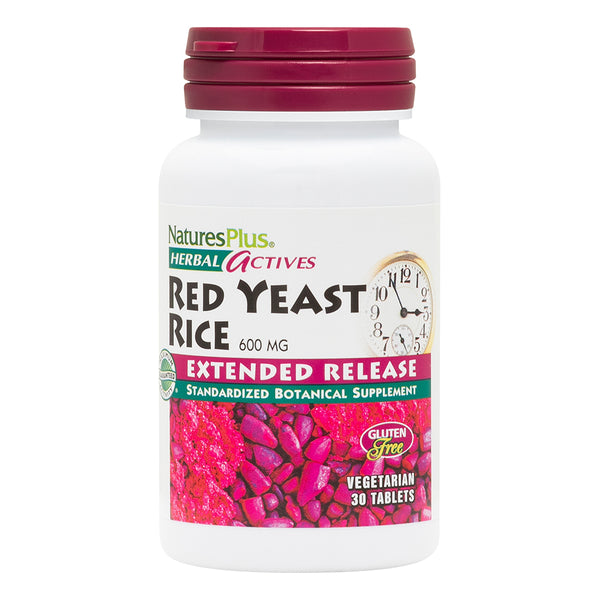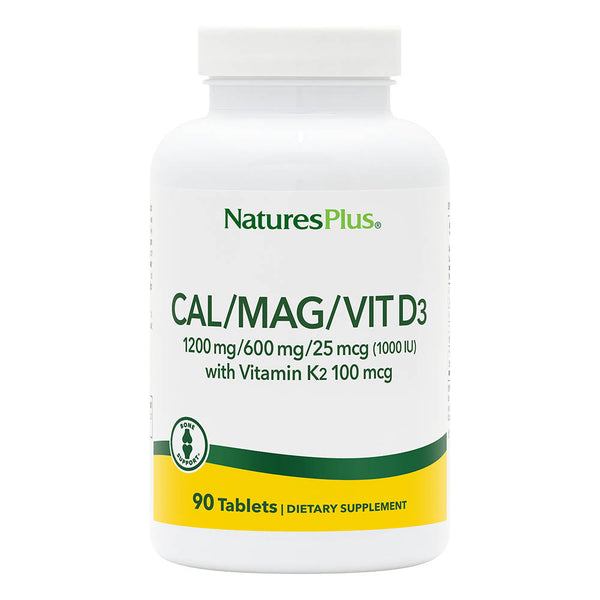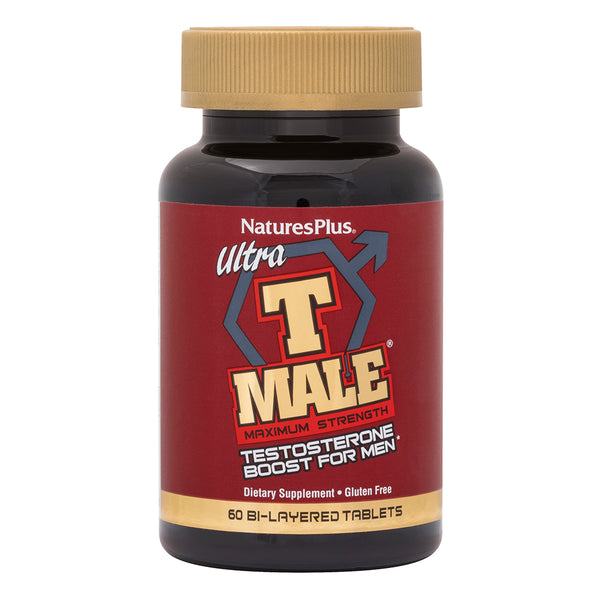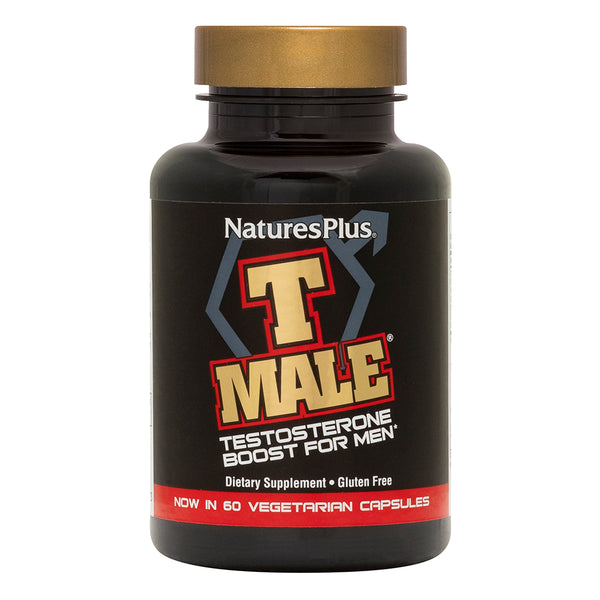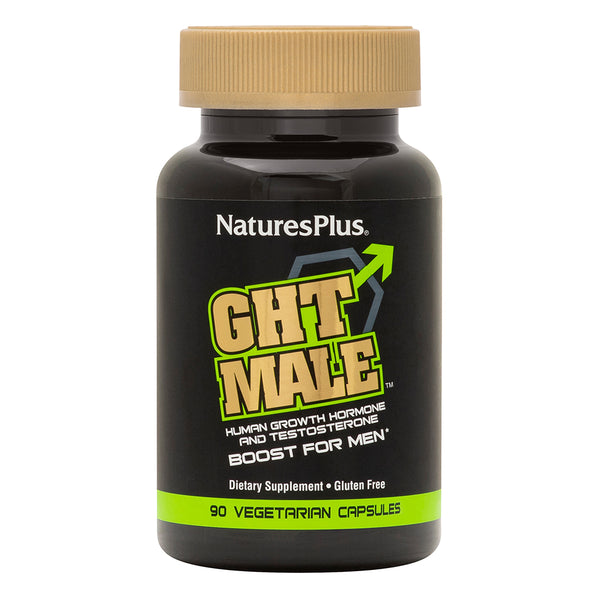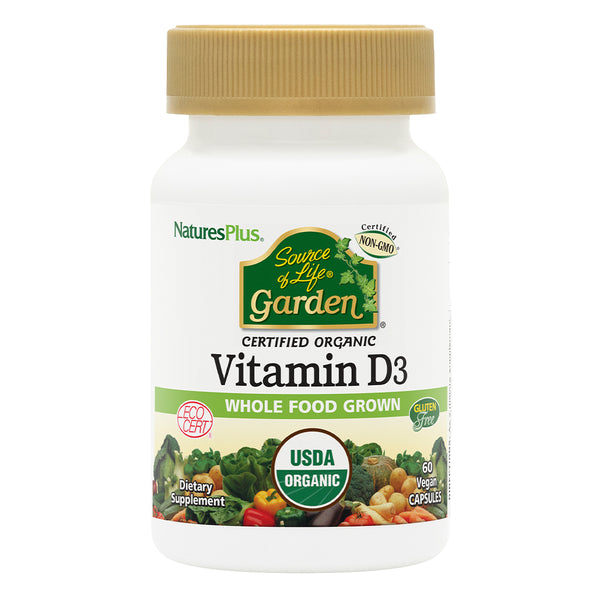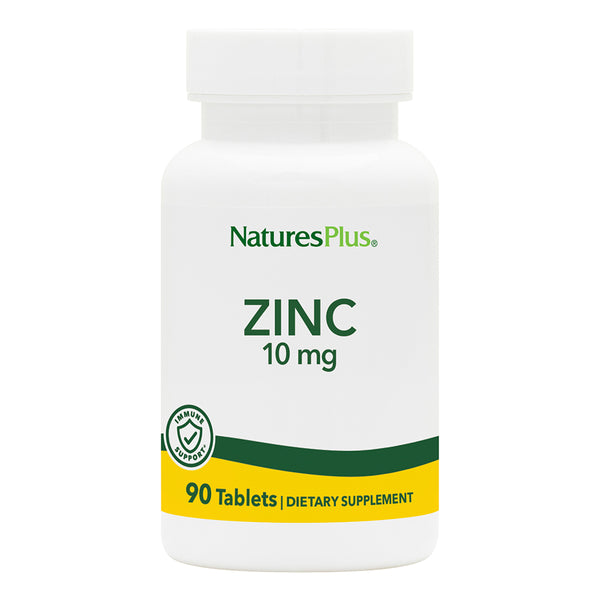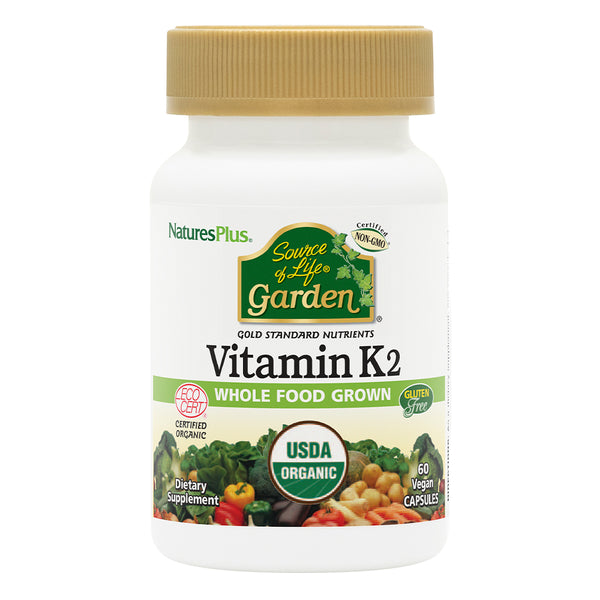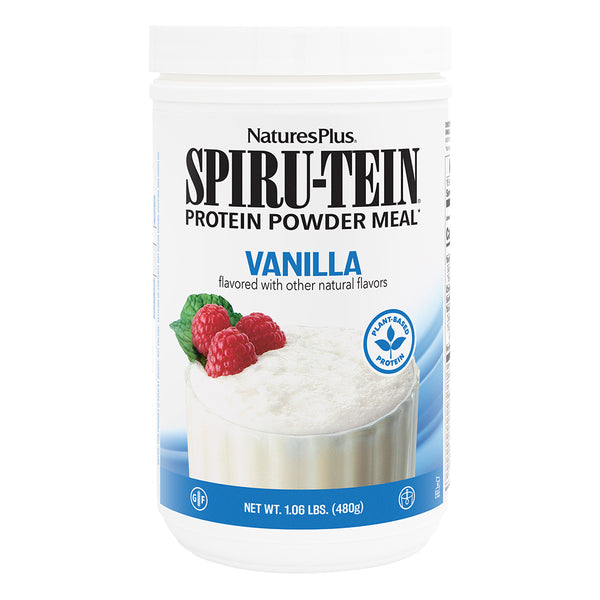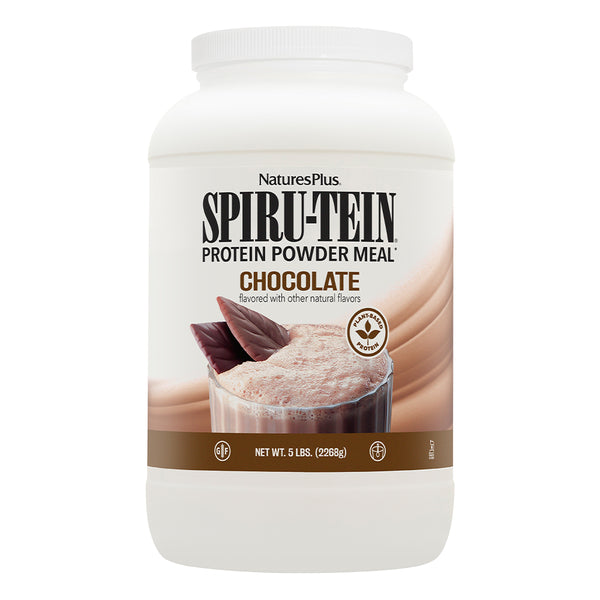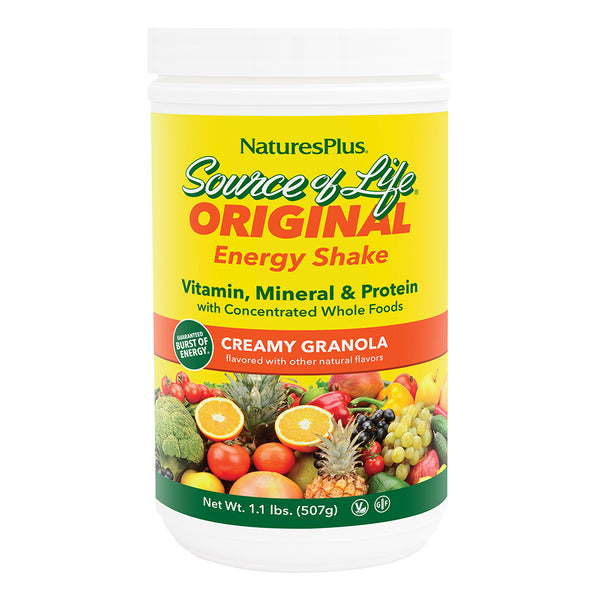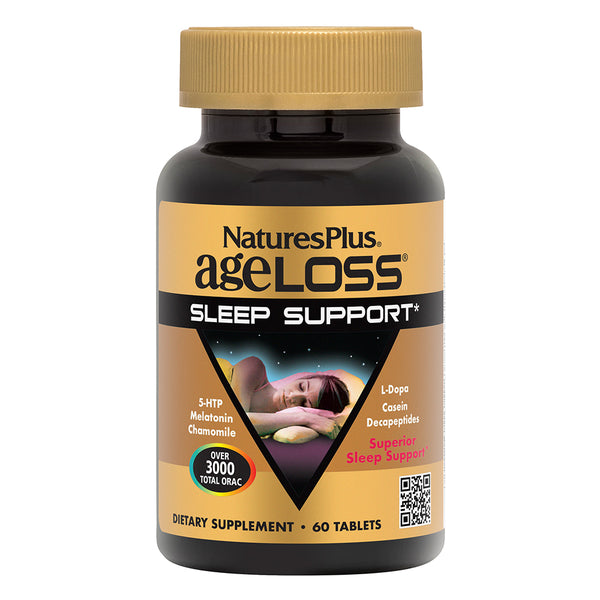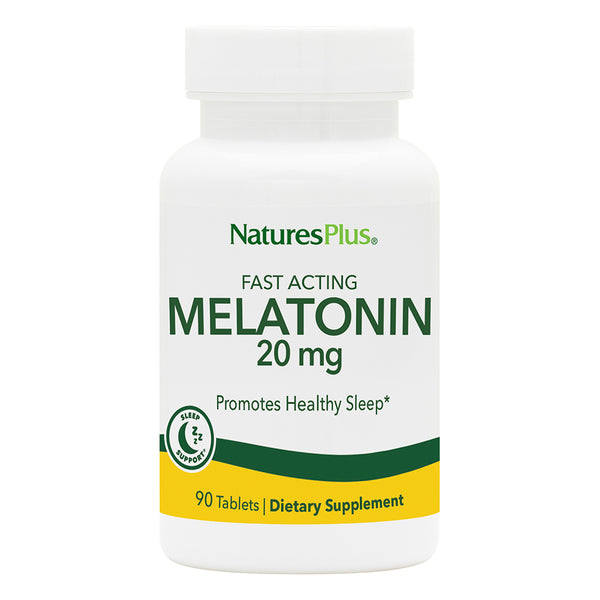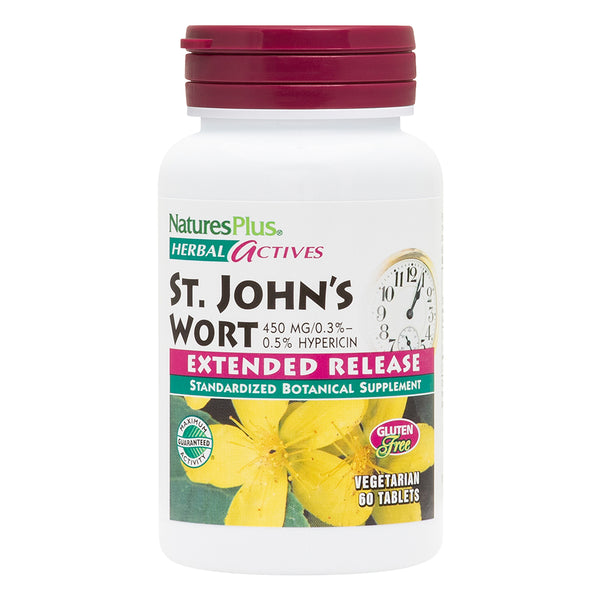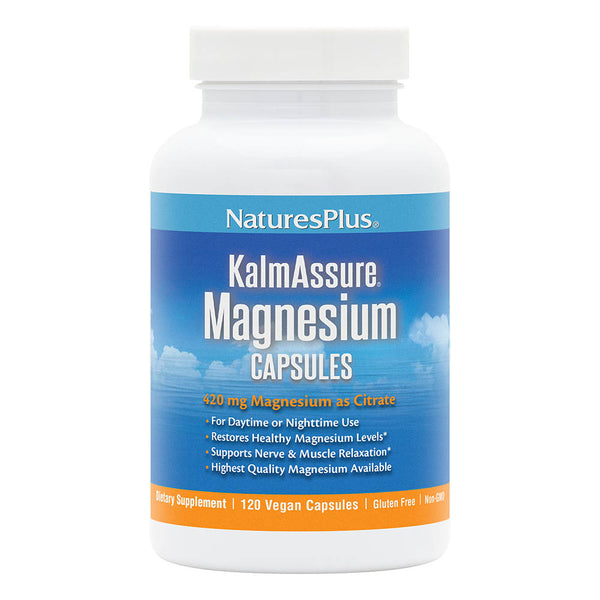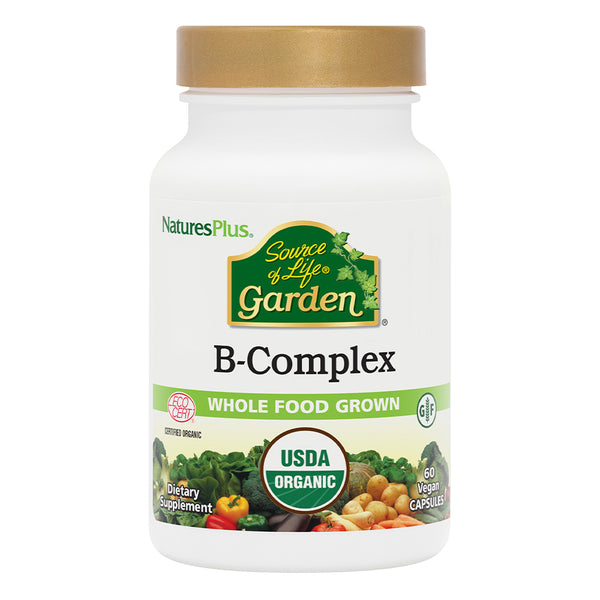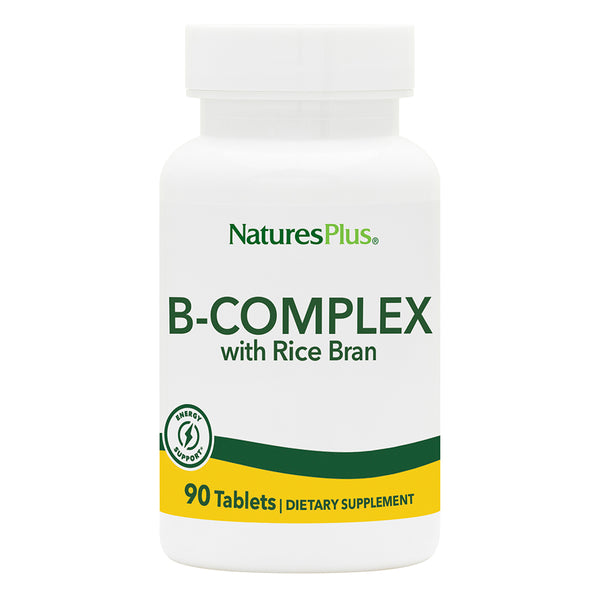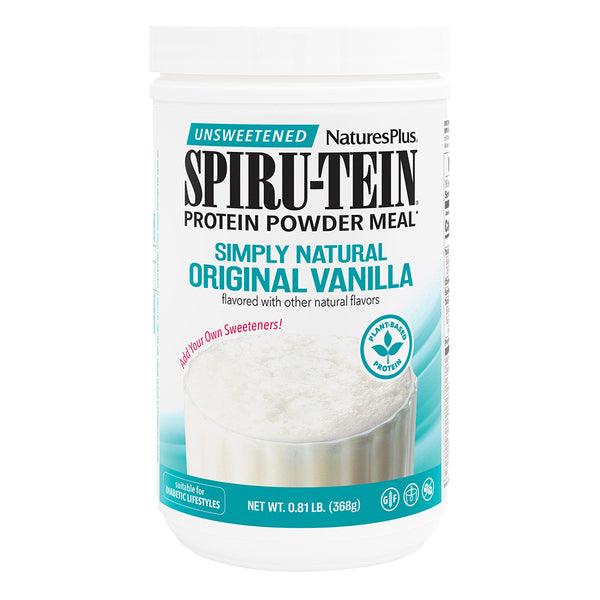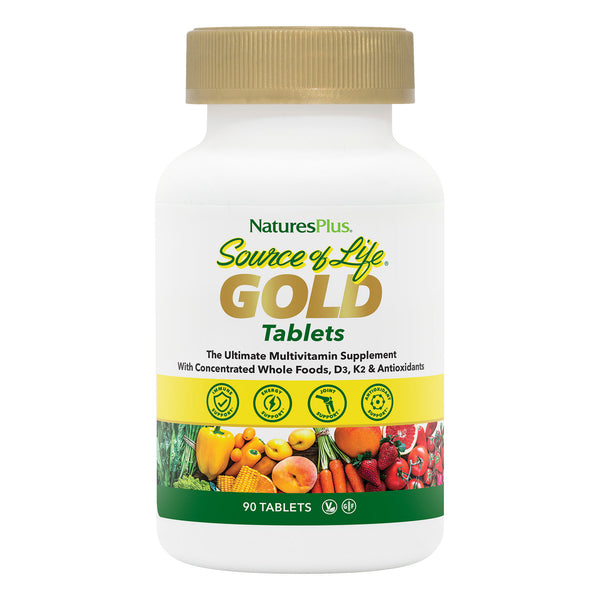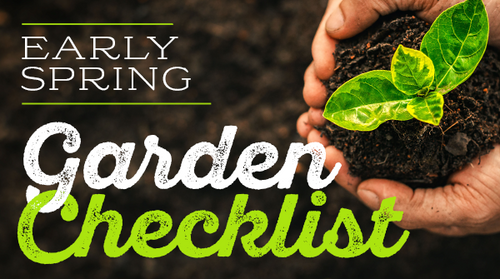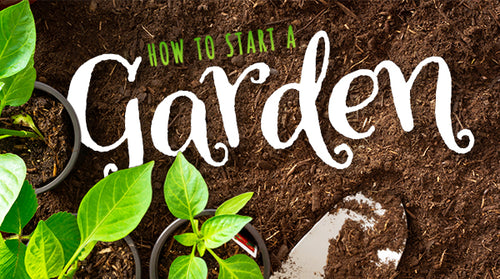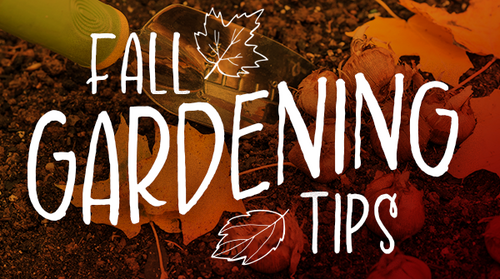So you’re really into this garden thing. The plants are growing well and you’re actually starting to feel like a green-thumb pro.
And then you notice a cabbage leaf full of holes.
Any veteran gardener can tell you that getting seeds to grow is one thing; harvesting crops is another. There’s a whole army of creepy-crawlies who find your vegetables as attractive as you do.
One way to deter pests is to avoid overfeeding your crops, which encourages the lush succulent growth that most insects prefer. In addition, try the following natural deterrents for five common insect attackers.
Aphids: Colonies of aphids will attack plants ranging from geraniums and roses to tomatoes and peppers, killing foliage and stunting flower buds. You can squash the miniature insects or spray affected plants with non-toxic insecticidal soap. For heavy infestations, cut off the affected plant parts.
Cabbageworms and Hornworms: Both are types of caterpillars: The first chews holes in the leaves of cabbage and similar veggies (cauliflower, broccoli, kale), while the second attack tomato leaves. In each case, severe infestations can weaken or even the kill the plant. Hand-picking is one way of dealing with them; an option with a lower ick factor is use of a floating row cover, which forms a protective half-dome over crops.
Sawfly larvae: Adult sawflies are often mistaken for wasps but they don’t sting. Instead, their larvae, which look like caterpillars, munch on the leaves and needles of plants such as roses, hibiscus and pine trees. You can use the pluck-and-squash method or turn to non-toxic insecticides such as horticultural oil, insecticidal soap or neem to kill these pests.
Slugs: Slugs eat holes in leaves of flower and vegetable plants. Since slugs are nocturnal, it’s difficult to catch them in action—gaping holes in the leaves are their calling card. Slugs like to hide in mulch, so if your garden is infested, pull mulch away from the plants. A shallow tin of beer near affected plants is also an effective control; attracted to the scent, slugs crawl in and drown. (Be sure to keep pets from drinking the beer!)
White flies: These pests often appear in colonies on the undersides of leaves, with new growth being the most susceptible to damage. Beneficial insects like lacewings often eat white flies. Yellow sticky traps offer a more proactive approach.
Like this article? You’ll love our weekly newsletter
sign up here!
**These statements have not been evaluated by the Food and Drug Administration. This product is not intended to diagnose, treat, cure or prevent any disease.
